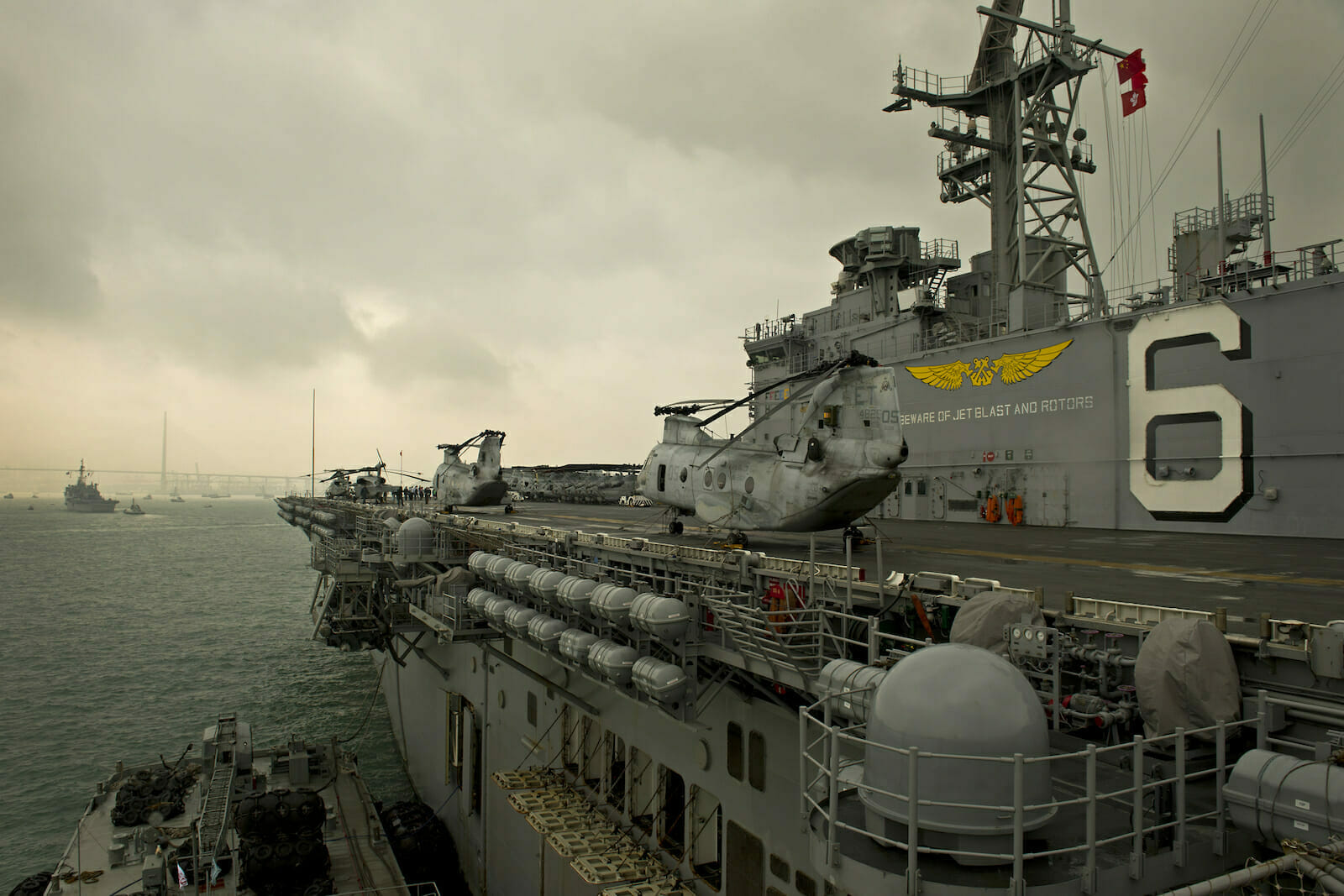
Forget Oil and Gas, the South China Sea Just Got More Complicated
As former-best-friends-turned-sour during the Cold War, the Sino-Vietnamese relationship has managed to overcome a number of issues and has progressed to levels of cooperation unimaginable only 10 years ago. But conflicting territorial claims in the South China Sea continue to risk derailing any significant cooperation between the two countries. Where the dispute once focussed on the promise of untapped hydrocarbon resources in the region, the nature of it has now changed – it has become a struggle symbolic of something much more important than oil and gas.
The US Energy Information Administration concluded in 2013 that the contested areas of the South China Sea are unlikely to have any significant oil and gas deposits. But the fact remains that even if any were discovered, these would prove too expensive to extract. The cost of drilling a deep water well is around $30 to $60 million, or about five times more than drilling in shallow waters. And while the cost may not put all investors off, the risk of becoming mired in a political dispute will. The 2009 BP pullout from a joint Vietnamese exploration in the disputed territory was a testimony to these concerns. As BP became threatened by China, Vietnam also applied pressure to prevent its withdrawal. Faced with this catch-22, BP finally backed out due to “commercial and technical reasons.” In other words, the project was scrapped for being unprofitable.
But even where extractions are taking place, these resources are being rapidly exhausted. As recently as January 2014, Vietnam’s oil exports dropped 24% from their 2013 levels. To make matters worse, Vietnam’s largest oil field, Bach Ho, is set to run dry before 2020.
Panicked by the idea of smaller oil revenues, Hanoi has made it a priority to increase production in existing areas. But these wells can only last for so long: BMI predicts Vietnam’s oil production will peak by 2017. Hanoi’s plan to build $46 billion worth of oil refineries is also dangerous. The most recently approved project valued at $9 billion, risks becoming one of the most expensive refineries in the world – especially when compared to Middle Eastern standards.
Tim Daiss from Energy Tribune confirms that “if prices for refined products remain static or fall, especially if crude oil prices rise in the future at the same time, Vietnam could face enormous risk.” The critics are not the usual suspect of environmentalists, but rather economists and business leaders throughout the country – a threatening combination which could turn the tables on the ruling party should their gamble fail to pay off.
If BP’s pullout is indicative of Beijing’s political clout, what explains the expanded joint exploration between Indian-owned OVL and PetroVietnam in the South China Sea? Having previously returned two blocks to Vietnam after a “financially disastrous experience,” Delhi and Hanoi have pledged to increase joint exploration and development in the region. While OVL’s commitment can simply be put down to Delhi’s promise to bankroll its operation in the region, the real issue is that India, like Vietnam, is looking at the wider geopolitical implications of China’s rise. OVL’s presence, despite its unprofitability, is the result of what Delhi perceives as China’s creeping encirclement. Projects such as China’s “Maritime Silk Road” have instilled fear into India’s leaders. In practical terms, this will see China finance the construction of ports across a range of countries including Myanmar, Pakistan, and Bangladesh – potential safe havens for the Chinese navy.
China’s current South China Sea strategy also has little to do with extracting oil and gas in the disputed areas. A Chinese-led international mission launched in early 2014 to find hydrocarbon resources in the South China Sea has come up dry while China’s first deepwater rig built in 2012 at a staggering cost of $839.9 million, serves more as an expensive political statement than a viable exploitation platform.
With these developments, Beijing has had the epiphany that deepwater drilling in the South China Sea where deposits are few and extraction expensive is simply unprofitable. So why fuss over the South China Sea? The vital sea-lanes through which a third of world trade passes hold the key. By controlling territory, Beijing hopes to kill two birds with one stone by breaking its encirclement by the US and its allies while gaining the ability to blockade its neighbour’s economies should it become necessary. Part of this comes as a yearning to be recognised as the preeminent power in the region, but it is also a reaction born out of China’s own fear that it is surrounded on all sides by Washington’s friends.
As China seeks to consolidate the South China Sea into what can be effectively called a “Chinese lake,” Vietnam has sought to internationalise the dispute, drawing countries such as the US, Russia, and India into the equation. It is a strategy bearing fruit – Vietnam has signed accords allowing Russian and Indian ships to rest and repair at its upgraded facilities at Cam Ranh Bay. The implementation of an expanded Chinese ADIZ and fishing zones were denounced by Vietnam as signs of an aggravated Chinese leadership looking for new ways to assert control over the region. But as the situation reaches a stalemate, Vietnam’s leaders are secretly gearing up for a short war with China – a plausible scenario should the Chinese Communist Party become increasingly challenged by domestic turmoil.
Vietnam has also learned that should conflict break out it won’t count on the US to send the cavalry. US-China economic interests will keep their hands tied from directly engaging in military conflict with one another. The most the US can do is criticise China, much like with the expanded Chinese ADIZ which the US publicly condemned one day and ordered commercial airlines to respect the next. While the Vietnamese have reasoned that they will be left to fend for themselves in any conflict with China, they have sought to upgrade their weapons systems while taking delivery of new Russian submarines with advanced capabilities – all aimed at deterring a Chinese offensive.
A war between Vietnam and China will not settle any territorial dispute surrounding the South China Sea. Their last two conflicts over the region in 1974 and 1988 should serve as a reminder to anyone who thinks otherwise. And wither oil and gas disputes, the stakes in the game have been raised – this is now a matter over competing visions of the Asia Pacific region that will prove even harder to resolve. More distressing is that the game being played in the South China Sea has reached a stalemate where the status quo seems incapable of holding. The only remaining question is for how long.
